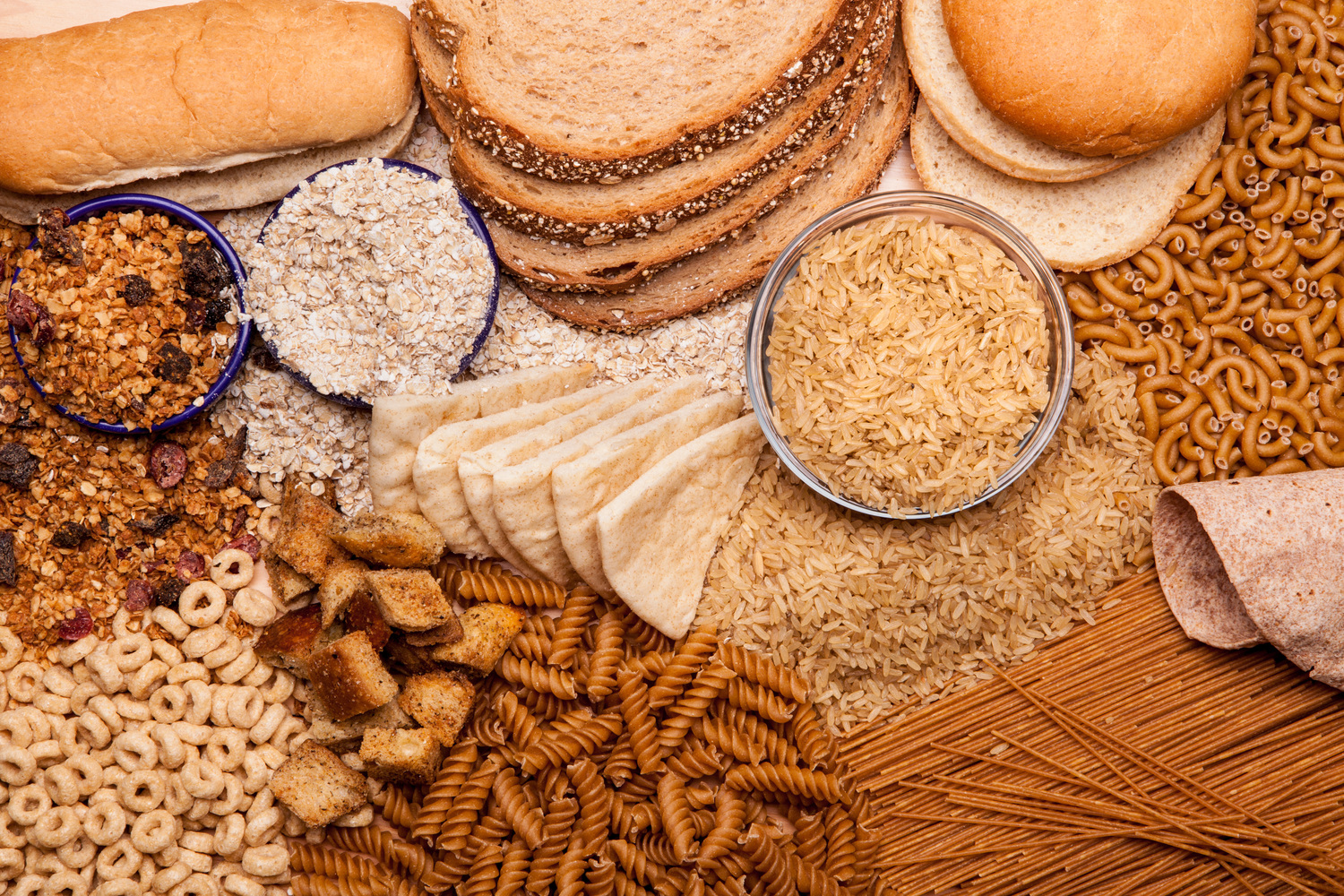
A Beginner’s Guide to the Mediterranean Diet
The Mediterranean diet is not a strict plan, but a way of eating that focuses on whole foods to maintain a healthy lifestyle. It follows traditional ways of eating in the Mediteeranean region while focusing on the long-term benefits of eating healthfully. It focuses on fruits, whole grains, vegetables, olive oil, and legumes. The primary source of protein is fish, and it allows moderate consumption of wine, eggs, poultry, and red meat.
The main benefits of this diet include a reduced risk of heart problems, low cholesterol levels, reduced chances of getting Parkinson’s and Alzheimer’s diseases, and a much healthier life. To get started with this diet, you need to keep the portion sizes in mind. When serving food, fill your plate with 50% fruits and vegetables, 25% whole grains, and 25% with healthy protein. Here are some suggestions for the Mediterranean diet:
1. Focus on whole foods
Have whole food like vegetables, whole grains, nuts, fish, olive oil, and legumes instead of processed food. The Mediterranean diet needs vegetables and fruits as the main part of your meals, and there should be 7 to 10 servings of fruits and vegetables in your daily meals. You needn’t have only vegetables and fruits as is; you can also make them part of the meal by adding it to a protein source.
2. Choose fish over red meat
Eat fatty fish like mackerel, tuna, salmon, and herring as they have high levels of omega-3 fatty acids that are known to improve cholesterol levels. Also, red meat and poultry can be included in the diet, but the intake should be less frequent.
3. Cook with olive oil and not butter
When on a Mediterranean diet, olive oil should be the main oil used for cooking. It has heart-healthy fats like poly- and mono-unsaturated fats instead of saturated and trans fats, which drastically reduce cholesterol levels and improve heart health.
4. Choose dairy products carefully
Use strong-flavored cheese like feta or Parmesan rather than using processed cheese. Also, you can have yogurt, but it is best to opt for the plain and Greek varieties and skip the flavored ones as they have high added sugar content.
5. Replace refined grains with whole grains
Rice and pasta are tough to digest, so choose whole grains like barley and farro instead. Whole grains are a mainstay in a Mediterranean diet as they stabilize blood sugar levels, help achieve weight loss goals, and lower cholesterol. They also provide reasonable quantities of vitamin B and fiber.
6. Indulge in nuts
Make nuts of all kinds a midday snack. They are rich in protein and fiber and are high in poly- and mono-unsaturated fats, and they also down cravings.
7. Avoid sugar
Any processed sugar is a big no when you are on a Mediterranean diet. So, bid farewell to cookies, crackers, cakes, and ice cream. Instead, opt for fresh fruits, dates, and figs to help satisfy sugar cravings and when you want to have dessert.




